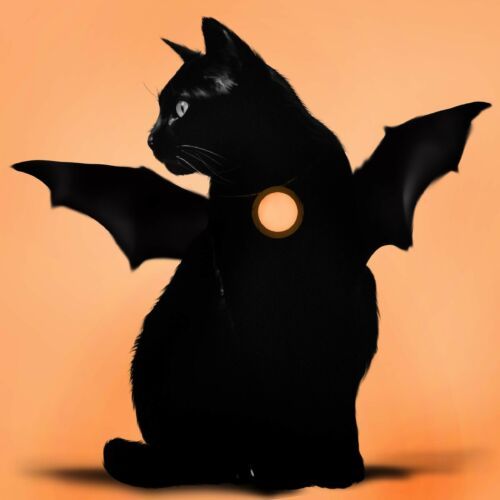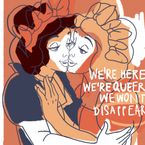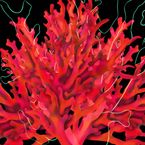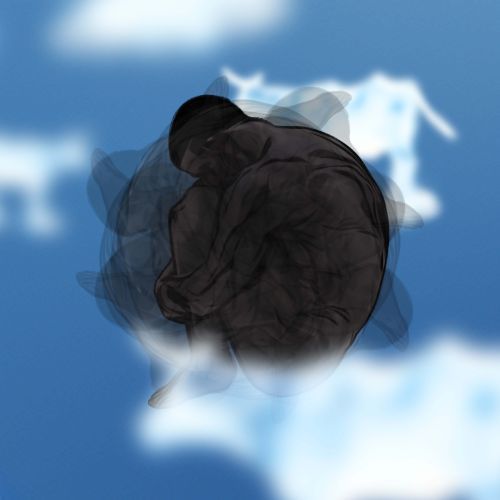The Taliban and World Cup stadiums, corruption and new banknotes in Nigeria
Taliban leaders made millions of dollars in building stadiums and infrastructure for the Qatar World Cup. Since 2013, when they were based in Doha, Qatar’s capital, they have received lucrative salaries – thousands of pounds sterling a month – from the Qatari authorities for holding peace talks with the US and UN. They bought heavy construction equipment with the money they earned, which they rented out to contractors on construction sites. According to the UK’s The Telegraph, “some members of the Taliban delegation had between six and 10 heavy machines in Doha and earned up to £10,000 per machine per month”.
According to the UK’s Independent Commission for Aid Impact (ICAI), the UK’s £3.5bn of aid to Afghanistan between 2000 and 2020 was marred by local corruption and human rights abuses and failed to achieve its main objective – to stabilise the Afghan government and build statehood there. Financial assistance has often been directed unreflectively and influenced by ad hoc objectives and requirements of the US government.
The Central Bank of Nigeria has launched newly designed banknotes to help curb inflation, corruption and money laundering. However, experts are sceptical about achieving such results in a country that has been battling chronic corruption for decades and whose officials are known for misappropriating public funds. Nigerians have time to spend or deposit old notes in banks until 31 January 2023.


























